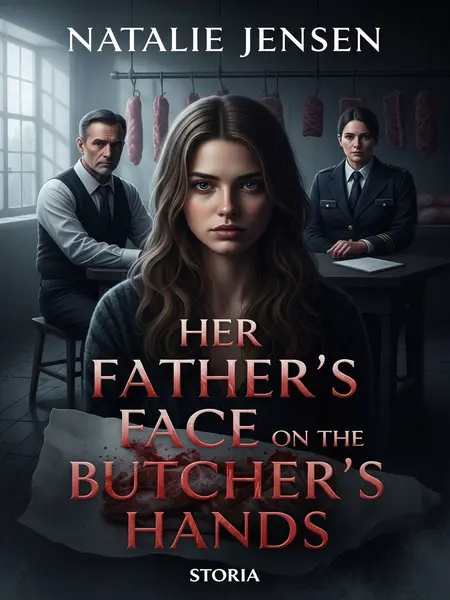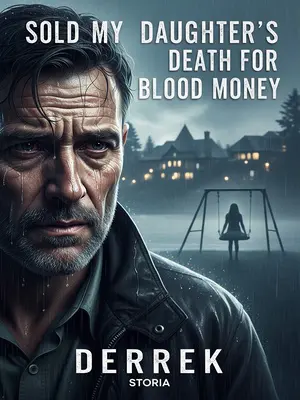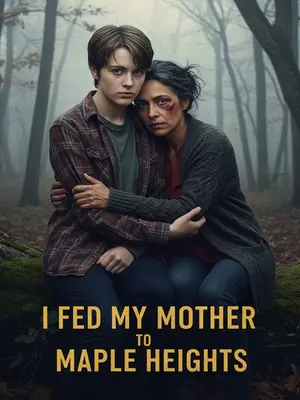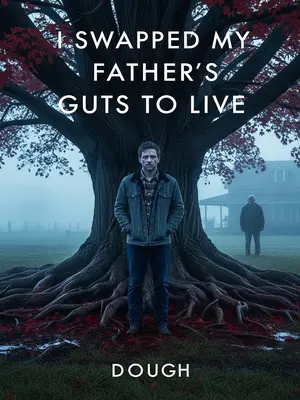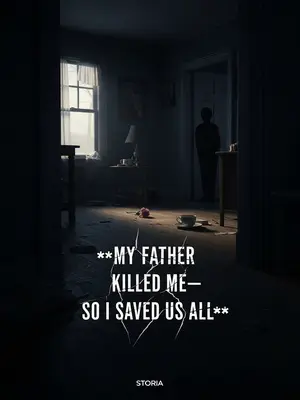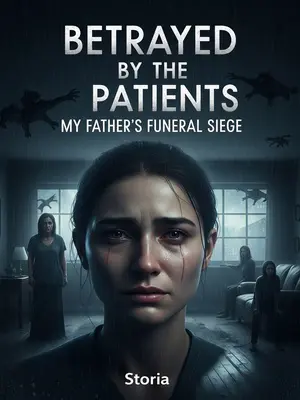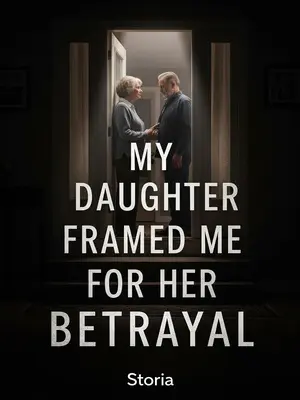Chapter 1: Disappearance on Main Street
When Natalie Jensen disappeared, nobody expected the search to end in a butcher’s freezer. By the time we found her, the girl had been ground, spiced, and stuffed into sausages.
The murderer was brazen, but her parents were hiding secrets. I’d seen my share of darkness as a cop, but this case crawled under my skin in ways I couldn’t shake.
It was then that I realized: the most terrifying thing in this world is love.
1
The missing girl was Natalie Jensen, a sophomore with a wicked backhand and an eye for vintage sneakers—the kind of girl teachers remembered and classmates envied. Her parents were both Ivy League grads, holding top jobs in local government. Money was never a problem in their house.
Natalie loved tennis, so her dad signed her up for a closed youth tennis camp. But the very next day, her mom couldn’t reach her—her phone was off. The couple rushed to the camp, only to get news that knocked the air out of them: on check-in day, Natalie claimed she felt sick and left, taking her refunded camp fee with her.
Her parents freaked. They called us right away.
We hustled over to the camp and pulled the surveillance footage. Sure enough, Natalie was seen walking out.
Cases like this—where a teenage girl runs—usually mean she’s meeting someone she knows online. I asked Natalie’s parents if they had access to her social media.
But her parents insisted, again and again, that Natalie could never have been in an online relationship.
“Nat’s never had a smartphone, not even a flip phone. No Insta, no Snap, nothing.”
“Is it possible she secretly bought a phone herself?”
“We never give her any pocket money. There’s no way she could buy a phone on her own.”
I tried not to roll my eyes. No allowance? No side gigs? In this town, even middle schoolers hustle for gas money.
The whole thing left a sour taste in my mouth. I thought back to my own teenage years—the late-night texts, group chats buzzing before class, the panic if my phone went missing for even an hour. It was hard to picture a kid these days—especially one as sharp and active as Natalie—completely cut off from the digital world. My partner muttered under his breath, “Feels more like a locked-down summer camp than a home.”
But if Natalie really didn’t have a phone, she probably couldn’t have gone far. So we started combing through nearby surveillance cameras, looking for any trace.
Sure enough, after Natalie left the training camp, she turned onto a commercial street—and never came out again. It was the kind of street with a nail salon, a vape shop, and a pizza place that always smelled like burnt cheese.
There were over twenty businesses on that street, most with surveillance cameras—except for three: Hannah Young’s bakery, Luke Miller’s diner, and Frank Watson’s butcher shop.
We jotted down the addresses, our stomachs growling as we passed the bakery and the diner—places that usually meant comfort food and local gossip, now reduced to dead ends. The butcher shop, though, was another matter. The sign out front, "Frank's Meats: Best in County," looked faded in the late afternoon sun, the red paint chipped where it spelled out his name.
Considering Natalie was a young girl in her prime, if she’d met with foul play, money was unlikely to be the motive—lust was more probable.
Hannah Young was a single mom; Luke Miller had a wife and daughter. Only Frank Watson was a middle-aged, single man—making him the most suspicious.
We brought Frank Watson in for questioning. Frank Watson was the kind of guy you’d see hauling a hog carcass at dawn—balding, sweat stains on his shirt, his thick arms dusted with flour and sawdust. He had no criminal record, and on the surface, he seemed quite amiable—honestly, he didn’t look like a criminal at all.
Frank shuffled into the station in worn jeans, hands shoved in the pockets of a meat-stained apron. He gave a polite nod, as if he were here to donate to the local food drive, not answer questions about a missing girl. His face was open, his voice soft, almost apologetic when he spoke.
We asked him several questions, but no matter what we said, Frank Watson neither defended himself nor replied, maintaining complete silence.
After hours of stalemate, Frank Watson suddenly made a strange request: “I want to see her parents.”
Normally, we wouldn’t agree to such a request, but if Frank Watson kept silent, the investigation would stall.
With the chief’s approval, I brought Frank Watson and Natalie’s parents into the same office.
As soon as they met, Frank Watson spoke: “Natalie is dead. I will return her bones and flesh to you.”
A chill swept through the room, heavy as the humid August air outside. For a moment, no one moved; even the hum of the old ceiling fan seemed to falter.
